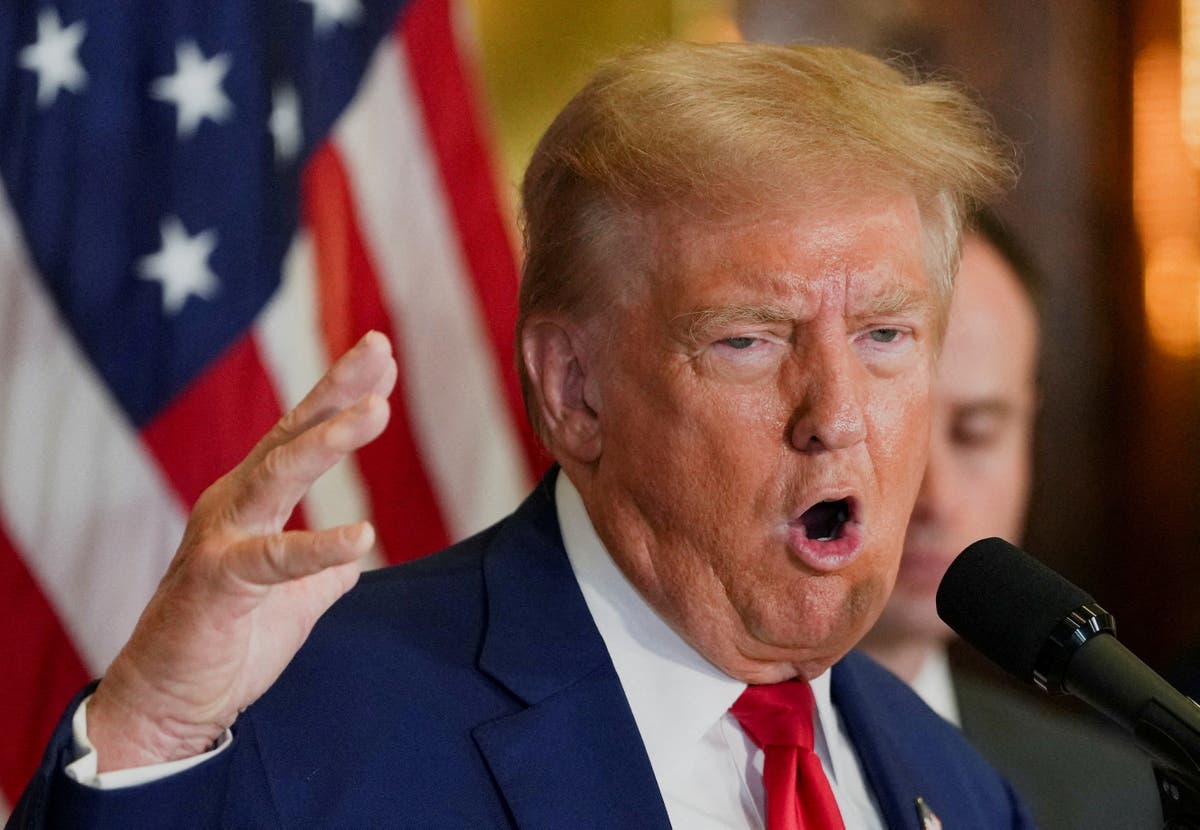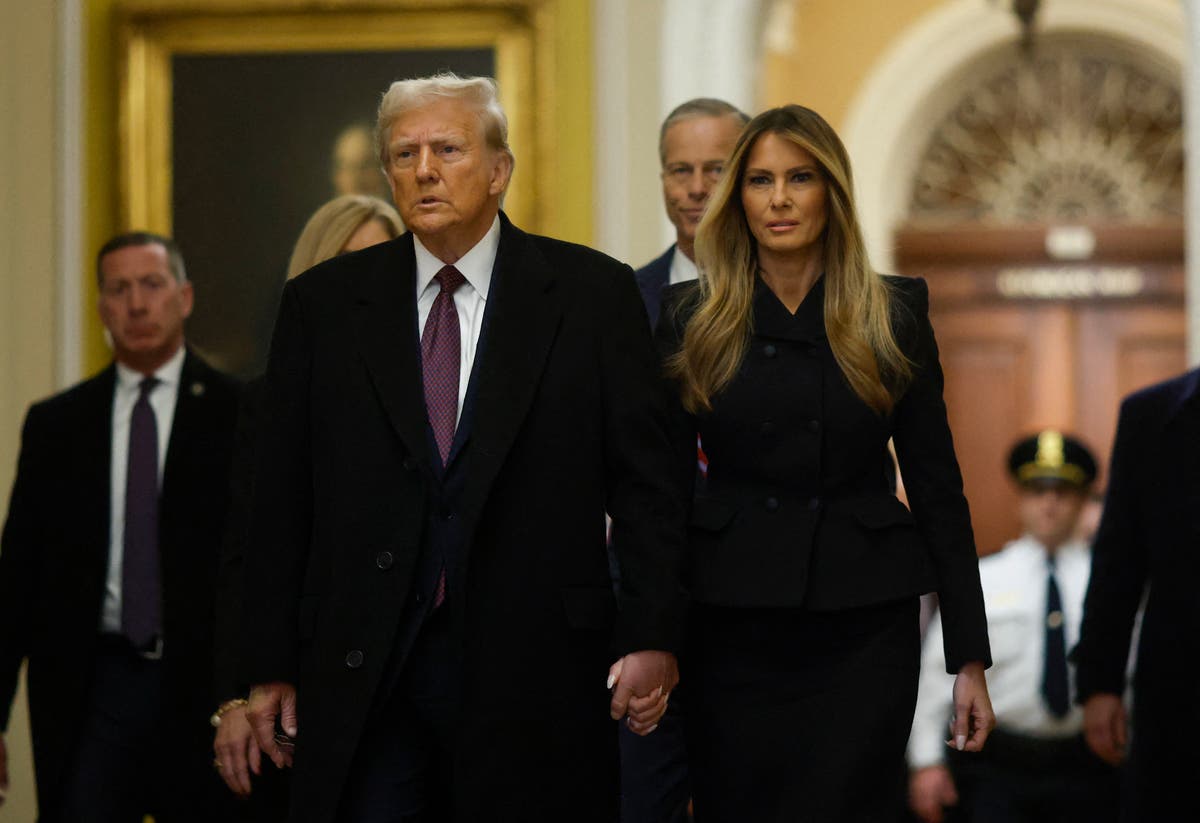Iran is grappling with a severe economic downturn and escalating military setbacks in the Middle East, a situation likely to worsen with the potential return of a "maximum pressure" policy under a potential US presidency. Last week, Iran initiated unusual two-month-long military drills, including air defense exercises near a key nuclear facility and preparations for exercises in strategic waterways.
These drills, while aimed at projecting strength, are occurring against a backdrop of significant setbacks. The December ouster of Syrian President Bashar al-Assad, a long-time Iranian ally, significantly weakened Iran's "Axis of Resistance" in the region. Israel's actions against Hamas and Hezbollah, supported by Iran, and direct Israeli attacks on Iranian targets have further eroded that influence. Senior Iranian officials acknowledge these defeats, with one general stating "We lost. We badly lost."
Simultaneously, Iran's economy is in freefall. Stiff sanctions remain in place, hindering diplomatic efforts to lift them, and the Iranian rial has plummeted. The country faces widespread energy shortages and severe pollution, compounding economic hardship. This economic strain and the broader suppression of Iranian citizens is a catalyst for potential unrest.
A looming threat hangs over Iran: the potential for renewed US intervention. President Trump has hinted at the possibility of preemptive airstrikes on Iranian nuclear sites, further escalating regional tensions. The international community, including France, is deeply concerned by Iran's nuclear program.
European nations, previously more inclined to diplomacy, have shifted toward a harder stance. This is partly due to Iran's active support for Russia's war in Ukraine. France, Germany, and the UK, once integral to the 2015 nuclear agreement, are now discussing potential "snapback" sanctions, a move that could severely damage Iran's economy.
Iran has also faced international scrutiny regarding its handling of foreign journalists, and there has been a reciprocal arrest of an Iranian engineer by Italian authorities. Despite these challenges, Iran is demonstrating its intent to defend itself, with exercises targeting potential attacks on its nuclear facilities. However, some analysts suggest that significant military action by Iran may not be a high priority due to domestic concerns and possible retaliation.
The future trajectory of Iranian policy remains uncertain. The interplay of regional and global dynamics, particularly with the return of former US President Donald Trump, will shape the next chapter for Iran, including its pursuit of nuclear ambitions and its military posturing in the Middle East.







